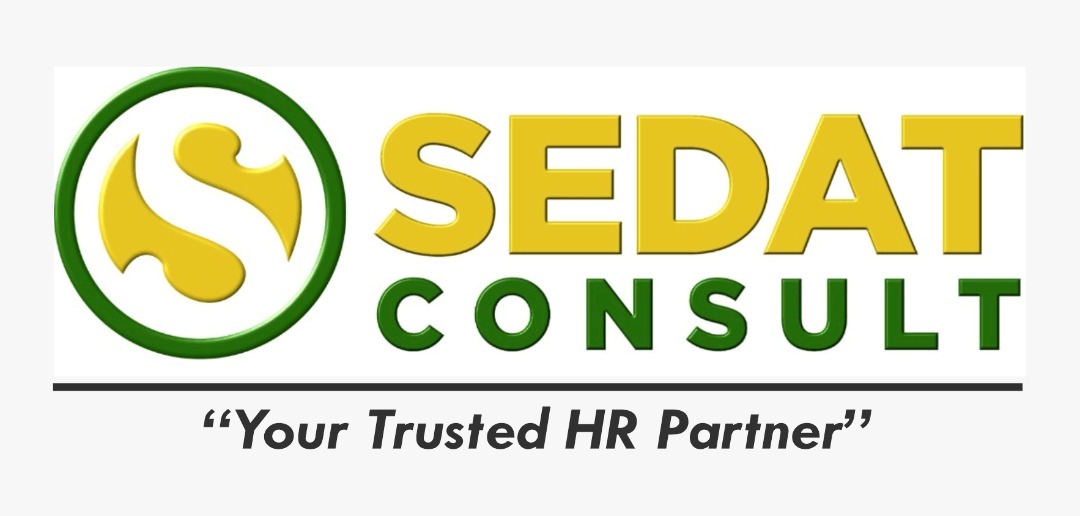Workplace stress is a significant concern globally, affecting employees’ well-being and organizational productivity. This article examines the importance of HR professionals in managing workplace stress, supported by statistics highlighting its prevalence and costs in Africa and Ghana. Indeed, Human Resource (HR) practitioners play a pivotal role in mitigating stressors and fostering a healthy work environment.
Stress in the workplace is pervasive, with detrimental effects on employees’ physical and mental health, as well as organizational performance. According to the International Labour Organization (ILO), work-related stress accounts for a significant portion of absenteeism, reduced productivity, and turnover worldwide.
The financial performance of a business can be severely impacted by workplace stress. The American Psychological Association (APA) in 2021 estimated that U.S. firms lose $300 billion annually due to employee turnover, reduced productivity, medical costs, legal fees, and insurance costs due to work-related stress. Also, in the APA report, 66% of the respondents surveyed posited that their jobs significantly affected their stress levels. Approximately 25% of the participants acknowledged that they had taken a “mental health day” or called in sick due to stress at work. Further, according to the Centre for Workplace Mental Health, in the USA, excessive workplace stress “causes a staggering 120,000 deaths and results in nearly $190 billion in healthcare costs each year.” This amounted to 5-8% of the USA’s healthcare budget.
In Africa, where workplace stress often intersects with socio-economic challenges, its impact can be particularly pronounced. According to the African Development Bank (2019), workplace stress contributes to approximately 3-5% of GDP loss across the continent due to decreased productivity and increased healthcare costs.
In Ghana, a survey conducted by the Ghana Employers Association (2020) revealed that over 70% of employees experience moderate to high stress levels at work, with factors such as heavy workloads, inadequate resources, and interpersonal conflicts cited as primary stressors. The Ghana Statistical Service in 2021 reported that stress-related illnesses accounted for a significant portion of workplace absenteeism, costing Ghanaian businesses millions of Cedis annually.
In corroborating the foregoing, the American Psychiatric Foundation states that typical sources of stress for workers are high demands in the workplace; insufficient resources to carry out work; an effort-rewards mismatch in which workers believe their great efforts are rewarded with little money or recognition; and perception of job-related goals being extremely difficult rather than achievable challenges.
What can HR practitioners do to reduce workplace stress? HR practitioners are at the forefront of a business’ effort at attracting and retaining high-quality employees, and it often falls on these practitioners to find ways to boost employee morale and minimize workplace stress. Thus, HR practitioners can help to reduce workplace stress through the following strategies:
Firstly, HR practitioners can conduct regular assessments to identify stressors within the workplace, ranging from excessive workloads to poor communication channels. By identifying these factors, they can tailor interventions to address the identified stressors.
Secondly, HR practitioners can develop and implement support systems such as employee assistance programmes (EAPs), counseling services, and wellness initiatives such as fitness opportunities, and team-bonding exercises to provide employees with resources for managing stress effectively.
HR professionals should stress the importance of a healthy work-life balance in reducing workplace stress; and advocate for work-life balance initiatives, including flexible work arrangements, remote work, time-off policies, and stress management workshops. These initiatives will help employees maintain an equilibrium between professional responsibilities and personal well-being.
Finally, HR practitioners could help create a positive work culture by promoting open communication, recognizing employee achievements, and encouraging a supportive work environment. A culture of trust and collaboration can reduce workplace stress and enhance resilience.
Managing workplace stress is essential for safeguarding employee health and organizational performance. Establishing a supportive environment and culture that leads to a psychologically sound work environment is a complex, continuous endeavour. Providing employees with the necessary tools to maintain a healthier emotional and mental balance between work and life requires a regular and persistent effort. By prioritizing employee well-being, fostering a supportive culture, and implementing targeted interventions, practitioners can contribute to creating resilient workplaces where employees can thrive amidst challenges. As indicated by the statistics, investing in stress management not only benefits individuals but also yields significant returns for businesses and economies across the world.
If you need assistance to develop and implement strategies that will foster employee well-being and reduce workplace stress, I will be happy to help you. Please, send me an email via careersupport@sedatconsultlimited.com and I will respond to you.
Author: Patricia Abena Kissi (HR Consultant, Author, and CEO, SEDAT Consult Ltd)
This article is powered by SEDAT Consult Ltd. SEDAT Consult provides HR solutions in the areas of recruitment and talent acquisition, staff and HR outsourcing, HR consulting, training and development, salary benchmarking, compensation and benefits management, job analysis and evaluation, performance management, and general HR advisory. Visit our website: www.sedatconsultlimited.com for more information or call +233 (0) 24 462 9245 and let’s discuss how we can meet your HR needs.
